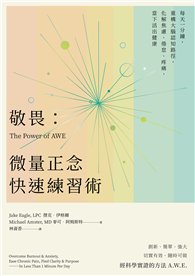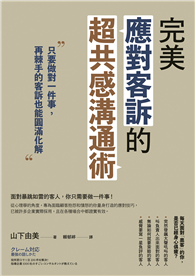This book is an ethnographic examination of the young people who serve voluntarily as judges, advocates and other court personnel at the Red Hook Youth Court (RHYC) in Brooklyn, New York--a juvenile diversion program designed to prevent the formal processing of juvenile offenders--usually first-time offenders--for low-level offenses (such as fare evasion, truancy, vandalism) within the juvenile justice system.
Focusing on the nine-to-ten-week long unpaid training program that the young people undergo prior to becoming RHYC members, this book offers a detailed description of young people’s experiences learning about crime, delinquency, justice, and law. Combining moments of self-reflection and autobiographical elements into largely "uncooked" fieldnotes, the book seeks to demonstrate the hegemonic operations of a court (the Red Hook Community Justice Center (RHCJC)--a multi-jurisdictional problem-solving court and community center where the RHYC is housed), the processes in which it secures belief in formal justice and the rule of law, ensures consent to be governed, and reproduces existing social structures.
An accessible and compelling read, this book will appeal to students and scholars of criminology, law, sociology, and youth justice, as well as to those undertaking ethnographic research on young people, crime and justice.










